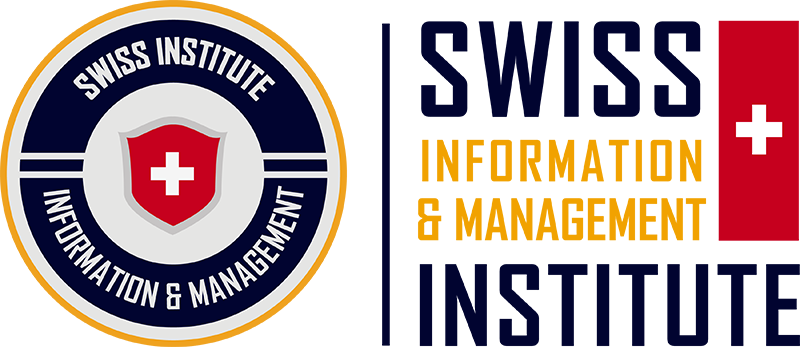Taxation of individuals in Zug Canton

Taxation of individuals in the Canton Zug is very attractive. Tax rates are among the lowest in Switzerland.
Income tax is payable for each level of administration: community, canton, and federation. Switzerland’s tax system differs from that of other countries: for example, each municipality is able to determine its own tax rates. Tax rates also vary between cantons, and the only tax for which the same rate is charged throughout the country is the federal tax. As a result, cantons and municipalities sometimes compete with each other by offering lower taxes. By choosing carefully where you live, you can influence how much tax you will have to pay to a certain extent. However, rents are very often higher in low-tax municipalities and vice versa, which shows how the market and the system combine to achieve a measure of justice!
Different scales of income tax, wealth tax and church tax are applied to single persons and married couples. The latter pay combined taxes that are lower than the ones for single persons. If you are not liable for taxation at source, taxes are due at your original domicile until 31 December of the year of the move when relocating from one municipality in the canton to another. If you move to another canton, taxes are payable to the new canton for the whole tax period in which the move takes place, except for tax on capital payments. To avoid double taxation of income, wealth or inheritance, agreements have been concluded with approximately 80 states including all EU countries. In some instances, reduced federal withholding tax is charged.
Income tax (= «Einkommenssteuer»)
The confederation, the cantons and the municipalities charge progressive rates of income tax, with progression ceasing once the top rate for federal and cantonal/ municipal tax is reached. Taxes are due for each calendar year. You fill in an annual tax return on which you may claim deductions (professional expenses, maintenance costs, support payments or payments to third-pillar pension funds (personal pension plans)). An electronic version of the annual tax return form (eTax.zug) is available with step-by-step instructions which makes the form easier to complete.
Consult www.zg.ch/tax to calculate how much tax you need to pay.
Tax at source (= «Quellensteuer»)
If you are employed in Switzerland and have a «B» permit (not a «C» permanent recidency permit) you are liable for taxation at source, which is deducted directly from the salary by the employer at a standard rate depending on your income.
Tax at source is charged instead of paying annual federal, cantonal and municipal taxes separately later. A useful hint: ask your employer to pay out your thirteenth- month bonus in 12 monthly installments and you will pay a little less tax – because two salaries in December will put you into a higher tax bracket.
Income tax – special deductions for expatriates
Senior staff or specialists who have been sent to Switzerland temporarily (max. five years) by a foreign employer (generally to a subsidiary or affiliated company) and to whom additional professional costs arise because they are temporarily residing in Switzerland (so-called expatriates) can benefit from additional tax deductions.
Professional costs eligible for deduction are: costs for accommodation, costs of travel between your home country and Switzerland, costs for fees for schooling of children, etc., in case these costs are not paid by the employer. It is also possible to deduct these costs on a lump sum basis of CHF 1’500 per month.
Wealth tax (= «Vermögenssteuer»)
Wealth tax on total wealth and material assets is imposed by cantons and municipalities; liabilities can be deducted from taxable assets.
Church tax (= «Kirchensteuer»)
If you notify the municipality that you are a member of one of the two national churches, you will pay church tax. This tax is an additional 15% of the basic cantonal tax for Roman Catholics and 10% for members of Protestant (Reformed) churches.
Withholding tax (= «Verrechnungssteuer VSt»)
This is another form of taxation at source: 35% withholding tax is charged on deposit interest paid by Swiss banks and on earnings from Swiss securities
(e.g. dividends). The banks deduct the withholding tax directly from your interest, and you may claim this back by declaring it on your tax return form.
Additional taxes
Value-added tax (VAT, in German: «Mehrwertsteuer,» MwSt.): At present, a VAT of 7.7% is charged on most goods and services and is always indicated separately on bills.
Vehicle taxes: Taxes for cars and motorcycles are calculated on the basis of the vehicle’s cubic capacity and are collected by the Office for Motor Vehicles. See section 3.8.
Source: The Swiss Institute of Management and Innovation
